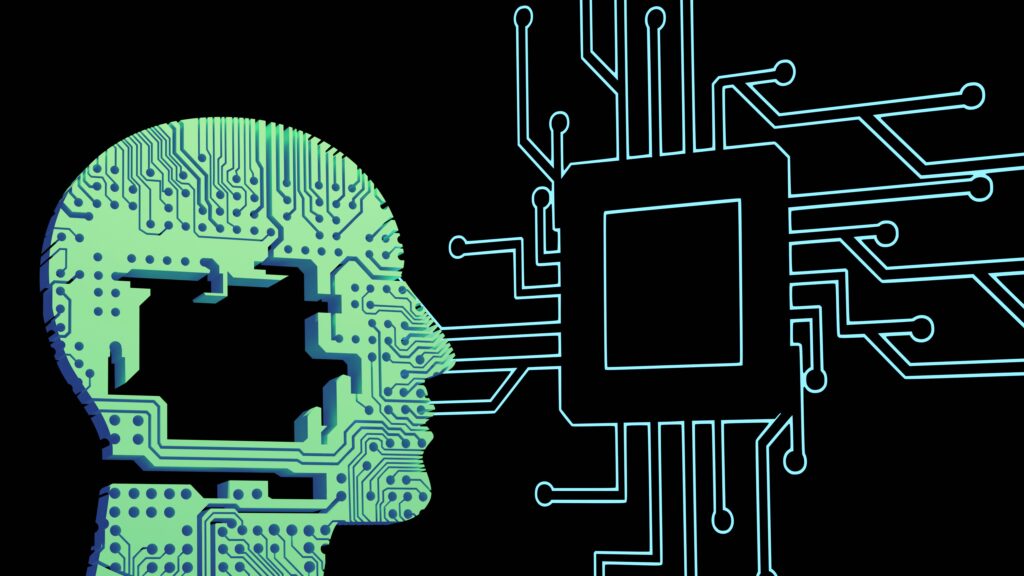
Recent research has revealed fascinating insights into how marketers are embracing AI—and what distinguishes the leaders from the rest. With 85% of marketing professionals either using or planning to incorporate AI tools, it’s clear that artificial intelligence is no longer just a buzzword in our industry.
But what does this mean for marketing talent? Let’s explore the key findings and their implications for both employers and candidates.
The New Marketing Hierarchy
Today’s marketing landscape is increasingly divided into three tiers:
- Baseline marketers who rely on traditional methods
- Performance-obsessed marketers who push boundaries with advanced tools
- Revenue leaders who excel at optimising resources for growth
The most successful marketers—the ‘revenue leaders’—are 25% more likely to leverage predictive analytics and AI-driven customer insights compared to their peers. This signals a clear shift in the skills modern marketing teams need to cultivate.
Critical Skills for Modern Marketing Teams
Email Marketing Evolution
Despite the rise of new channels, email remains crucial, with nearly two-thirds of marketers considering it fundamental to their strategy. However, today’s email marketing roles require more than just copywriting skills. The most successful teams are combining email with SMS and creating integrated, data-driven campaigns.
Automation Expertise
While automation has become standard, there’s a significant gap between basic and advanced implementation. Top performers are using automation throughout the entire customer journey, from initial contact to post-purchase engagement. This means marketing automation specialists need to understand both technical implementation and customer journey mapping.
Data Analytics Capabilities
The contrast is stark: while only 39% of baseline marketers use customer data platforms, 64% of revenue leaders do. This highlights the growing importance of data literacy in marketing roles, particularly in creating and executing personalised campaigns.
The Human Element Remains Critical
Interestingly, recent consumer research shows that 73% of people still prefer human insight over AI-based recommendations. This suggests that while AI skills are increasingly important, the ability to blend technological capabilities with human insight is what truly sets top marketing talent apart.
What This Means for Hiring
If you’re looking to build your marketing team in 2025, this data suggests focusing on:
- Candidates who can demonstrate experience with AI tools while maintaining strategic human oversight
- Marketing professionals who understand both automation technology and customer psychology
- Data-savvy marketers who can translate analytics into actionable, personalised campaigns
- Team members who can balance technological innovation with authentic human connection
The marketing landscape is evolving rapidly, but one thing is clear: success lies in finding talent that can harness AI’s capabilities while maintaining the human touch that customers still value. As we move forward, the most sought-after marketing professionals will be those who can bridge this technological-human divide.
